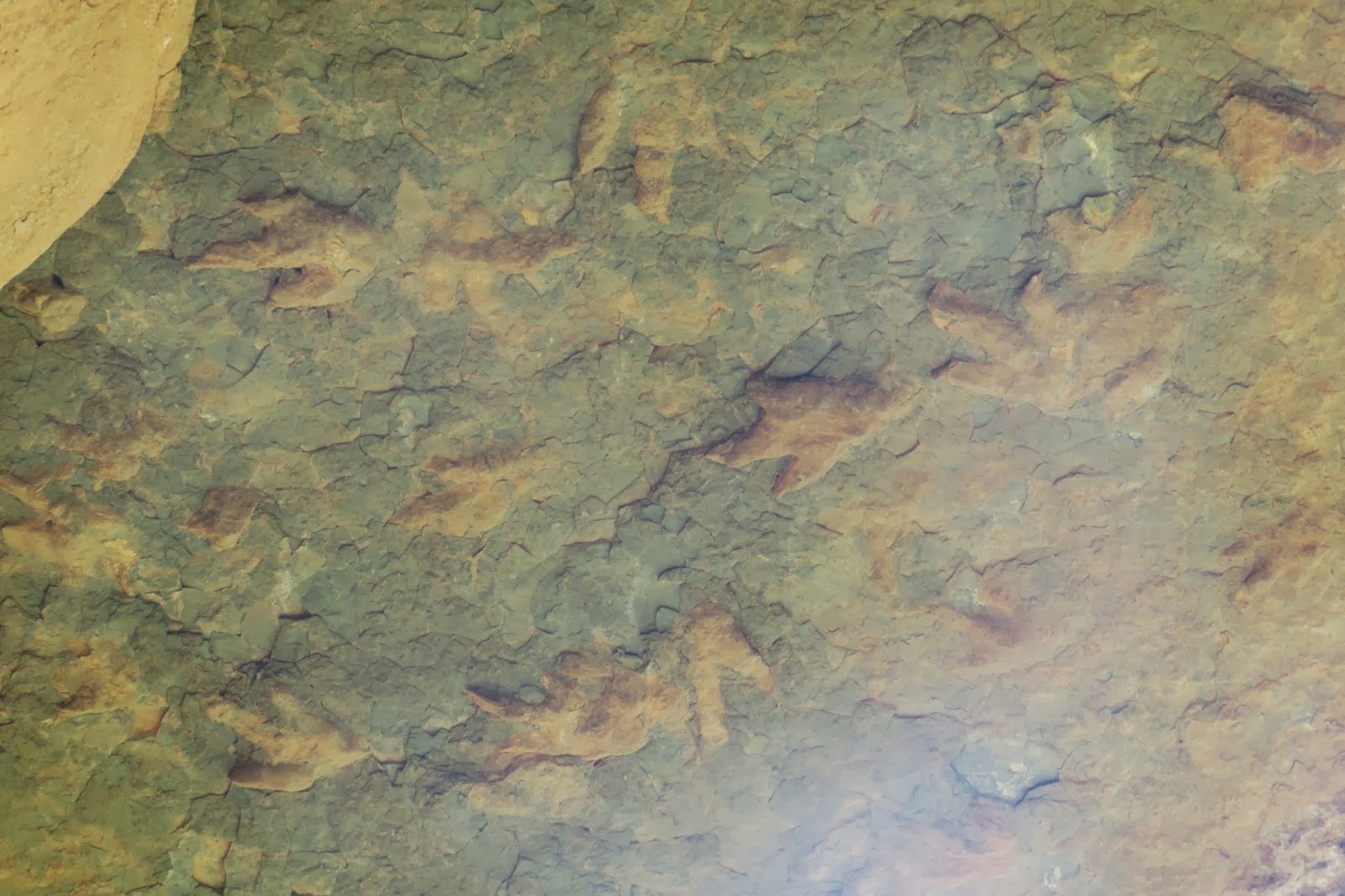Since I haven’t been in the U.S. in over nine months I am out of touch with what is important in American media. There have been occasional mentions of the recent Malaysian Airlines plane disappearance and the Russia-Crimea-Ukraine situation has been reported twice in the past two weeks in Botswana’s national newspaper, but for the most part international news coverage is typically very limited here.
However, one recent news topic is eerily reminiscent of a similar U.S. story. Twenty years ago the ex-wife of former football star, O.J. Simpson, and her boyfriend were found murdered. As the primary suspect, O.J. Simpson was sought by police, but was unwilling to go down without a fight. Nearly 100 million people witnessed police chase Simpson down I-405 in his white Ford bronco before he surrendered. Domino’s Pizza reported their highest sales ever during the two hours the chase lasted, which comes as no surprise considering more people tuned in to view the police pursuit than watched the Super Bowl that same year (only 83 million).
Africa is currently in the midst of its own “O.J. Simpson” media circus. There is one thing and one thing only dominating the news here in Africa: the Oscar Pistorius trial. I’m not sure how much media coverage this is getting overseas, so if you are unfamiliar with the story, a year ago Pistorius (the two-time Olympic gold medalist from South Africa, a.k.a. the “Blade Runner” because both his legs are amputated) shot his girlfriend who he allegedly believed was an intruder.
Originally, the trial was expected to take up to three months, but it appears after 16 days that the prosecution is confident they have proven their point, as they elected to “rest their case” today. Similar to O.J. Simpson, Pistorius will take the stand, perhaps as soon as tomorrow. Unlike Simpson, there is no bloody glove. Pistorius also doesn’t have a jury trial like Simpson did. Popular opinion here is that regardless of whether he is guilty he will be convicted. And everyone wants that. As one South African friend told me recently, “Everyone thinks South Africa has no real justice system, so this is our opportunity to prove them wrong.” I guess there is nothing like a high profile case to make a point.





















